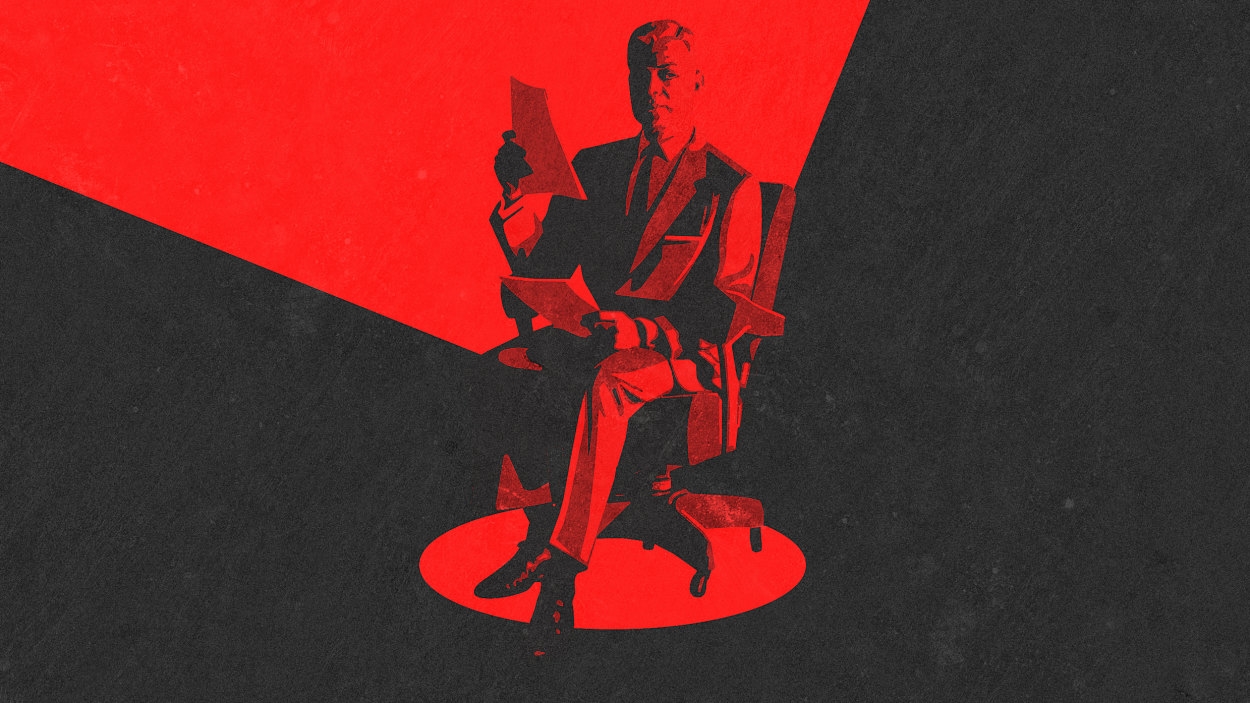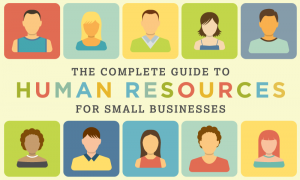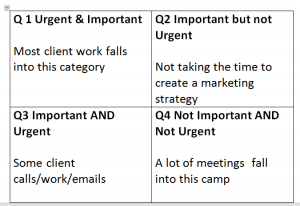By Kim Kelly
Looking back, 2022 was a huge year for the American labor movement, one in which public support for unions jumped to a record high and thousands of workers mobilized to win higher wages, better working conditions, and the benefits of a union. The welcome burst of energy that drove much of that organizing came from the workers themselves, often organizing without the initial help of major, established unions. They really needed that youthful vigor, too, because for many of them, it was a steep uphill battle. They had to take on bad bosses, anti-union management, and corporate goons; some even went toe-to-toe with the richest men in the world. Every good class warrior needs a worthy adversary, and many of 2022’s crummiest bosses proved to be more than happy to volunteer.
It would be seasonally fitting to call these bosses “Labor’s Biggest Grinches of the Year,” but they don’t fit the Whoville narrative. Whether it’s the Grinch’s miraculous change of heart or Ebenezer Scrooge’s transformation into a Yuletide softie, our most-cherished holiday baddies tend to redeem themselves by the end of their respective stories. That redemption arc is part of the fun, and is usually engineered to impart a gentle message about love, acceptance, and “the true meaning of Christmas.” The bad guys are supposed to turn good by the end of the movie… but the real world doesn’t always work out that way, and under American capitalism, the bad guys very often win.
There are undoubtedly thousands, if not hundreds of thousands, of bad bosses out there, and while I hope every single one of them stubs their big toe on Christmas morning, there are a handful of exemplary specimens who really deserve our collective ire. Amazon founder Jeff Bezos has become an easy punching bag for all sorts of reasons, from his phallic rocket ship to his yacht’s yacht to his fortune that was made on the sore, strained backs of a thousands-strong workforce. While the company is now run by CEO Andy Jassy, it’s continuing the policies started under Bezos: When workers at an Amazon facility in Bessemer, Alabama tried to unionize, Amazon management pulled out all the stops to crush their efforts; when workers at another facility in Staten Island, NY, won their own union election, the company tried to use the courts to overturn the results.
In addition, Amazon topped the National Council for Occupational Safety and Health (National COSH)’s annual Dirty Dozen list once again this year. “The Dirty Dozen are companies that needlessly expose workers to preventable hazards, leading to preventable illnesses, injuries and fatalities,” says Jessica E. Martinez, co-executive director of National COSH. “We confront this reality so that workers can gain power to win the safety improvements that will prevent further loss of life.” They’re joined by the likes of Dollar General, Hilton Hotels, Refresco, and Mayfield Consumer Products (who allegedly forced workers in their Kentucky candle factory to stay on during a tornado, leading to nine deaths).
Amazon more than earned their spot, too. Six workers at that same Bessemer facility have died on the job this year, including one who allegedly was denied permission to home before having a stroke (Amazon denies the allegations) ; on top of that, the report says that the injury rate across their hundreds of facilities is more than double the industry average, and the brutal conditions that Amazon workers face on the job has made national headlines over and over again.
Starbucks nabbed a spot on the Dirty Dozen, too, thanks to the anti-union machinations of its own billionaire owner, and its indifferent policies toward workers’ safety during the pandemic. Howard Schultz—a man once rumored to be in the running for Hillary Clinton’s hypothetical labor secretary—appears to hate unions so much that he’s used the full power of his behemoth coffee chain to mount a full-court press against Starbucks Workers United, firing worker-organizers, spouting anti-union propaganda in interviews, and threatening to without benefits from unionized stores.
It’s easy to pick on billionaires, and we shouldn’t be surprised when their behavior veers into the grotesque, because the ultra-wealthy of this particular era are marked by a largely unprecedented willingness to hoard resources. But some of them really overperform, and one was even foolish enough to buy an entire website full of people who want to see him suffer. Elon Musk was a vocally anti-union boss well before he bought Twitter, but his time in the Twitter spotlight has only served to remind people how terribly he treats the people who work for him, whether he’s firing workers en masse or forcing those remaining to work 80-hour weeks.

They may not be billionaires, but the list would not be complete without adding in a special acknowledgement for corporate executives who run Warrior Met Coal. More than 900 miners who work for Warrior Met have been on strike since April 1, 2021, in the longest strike in Alabama history (and potentially in the history of American coal). The company has not only refused to budge on the union’s demands for increased pay and benefits, but has gone on the offensive, hiring a Los Angeles-based public relations firm to smear them in the local press and using the local courts to disrupt the strike and intimidate strikers. Lavishly compensated C-suite executives like Walter J. Scheller, III, Jack K. Richardson, and Kelli Gant have said that they could pay the miners what they’re asking for, but instead, have chosen to try and starve them out. Four-fifths of the striking miners are parents, and thanks to Warrior Met’s vindictive greed, they and their families have just spent their second Christmas on strike.
Surely 2023 will bring us a fresh crop of horrible bosses to boot, but for now, I implore you to take some solace in the simple fact that there are more workers than there are bosses—and that that thought scares them far more than any Dickensian ghost or yellow-eyed monster ever could.
Kim Kelly is an independent journalist, author, and organizer whose writing on labor, politics, class, and culture has appeared in Teen Vogue, Rolling Stone, The Nation, The New York Times, The Washington Post, Columbia Journalism Review, and many other publications. Her first book, Fight Like Hell: The Untold History of American Labor, is out now via One Signal/Simon & Schuster. She is currently working on her second book.
(9)







